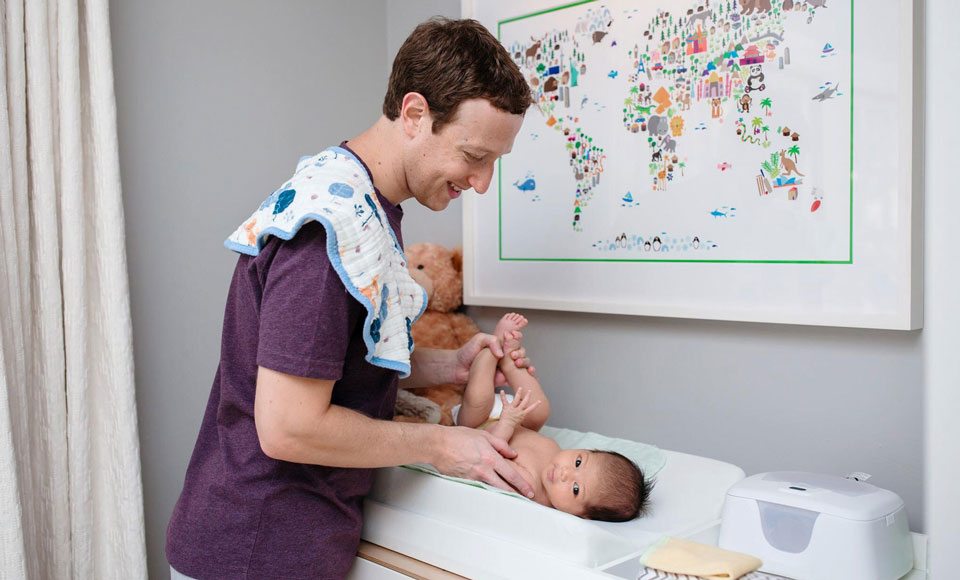Just when you thought annoying baby photos crowding your Facebook feed couldn’t get any worse, Mark Zuckerberg has opened the floodgates to even more bad news. The social network today announced that it will be downgrading posts from brand pages, businesses and media outlets in favour of posts from friends and more video content.

Whilst babies are cool and all, being overrun by them from eager parents insisting on using Facebook as an hourly memoir is no laughing matter.
“The first changes you’ll see will be in News Feed, where you can expect to see more from your friends, family and groups. As we roll this out, you’ll see less public content like posts from businesses, brands, and media.”
Zuckerberg announced in a public post via his profile that the aim was to endorse more meaningful social interactions. This move could potentially do the opposite by driving users off the social media platform but Zuckerberg remained steadfast in his beliefs.
“We started making changes in this direction last year, but it will take months for this new focus to make its way through all our products,” he said.
“The first changes you’ll see will be in News Feed, where you can expect to see more from your friends, family and groups. As we roll this out, you’ll see less public content like posts from businesses, brands, and media.”
“And the public content you see more will be held to the same standard – it should encourage meaningful interactions between people.”
For brands and business who built their name or rely on Facebook followers to operate effectively, Facebook’s head of News Feed had some more dire news.
“Because space in News Feed is limited, showing more posts from friends and family and updates that spark conversation means we’ll show less public content, including videos and other posts from publishers or businesses,” said Adam Mosseri.
“As we make these updates, Pages may see their reach, video watch time and referral traffic decrease. The impact will vary from Page to Page, driven by factors including the type of content they produce and how people interact with it. Pages making posts that people generally don’t react to or comment on could see the biggest decreases in distribution. Pages whose posts prompt conversations between friends will see less of an effect.”
More specifically, Mosseri warned that publishers, brands and businesses who used “engagement-bait” to drive comments would be targeted and demoted in the news feed. Users can set their preferences to see more content from their page follows, but this will not be the default setting with the new rollout.
“We feel a responsibility to make sure our services aren’t just fun to use, but also good for people’s well-being,” added Zuckerberg.
“So we’ve studied this trend carefully by looking at the academic research and doing our own research with leading experts at universities.”
“The research shows that when we use social media to connect with people we care about, it can be good for our well-being. We can feel more connected and less lonely, and that correlates with long term measures of happiness and health. On the other hand, passively reading articles or watching videos – even if they’re entertaining or informative – may not be as good.”
Whilst it may seem that Zuckerberg is once again playing God with his 2.07 billion users, it doesn’t come without a sacrifice.
“I want to be clear: by making these changes, I expect the time people spend on Facebook and some measures of engagement will go down,” he said. “But I also expect the time you do spend on Facebook will be more valuable. And if we do the right thing, I believe that will be good for our community and our business over the long term too.”